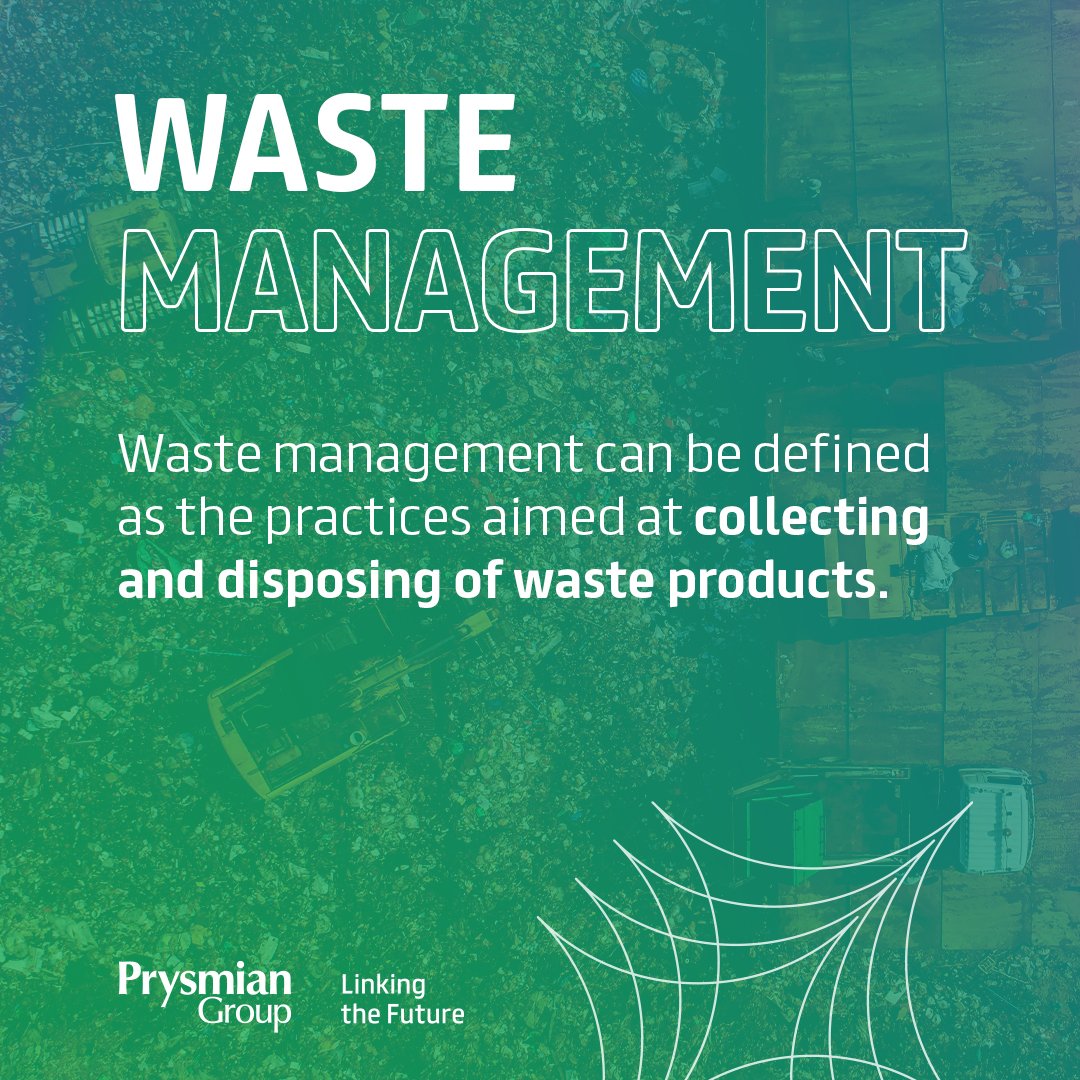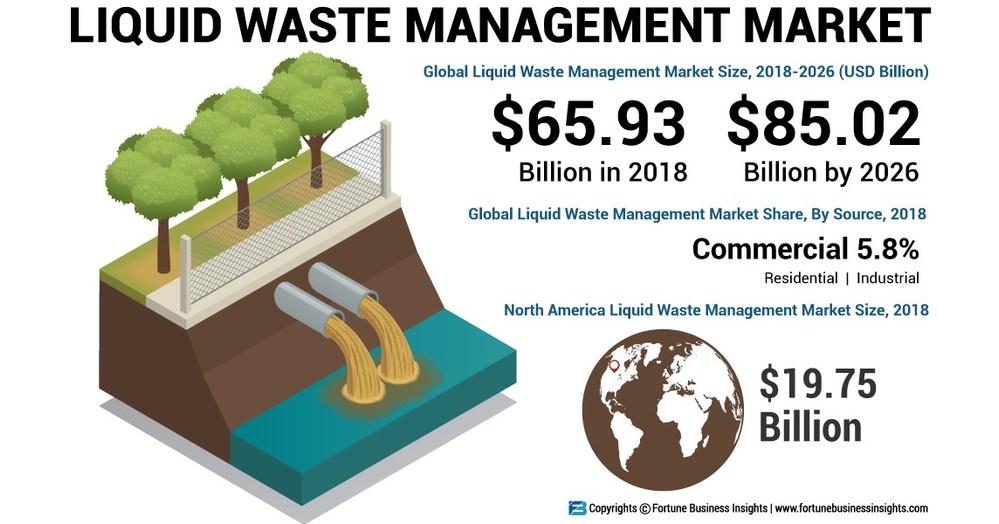All About Reclaim Waste
All About Reclaim Waste
Blog Article
Reclaim Waste for Dummies
Table of ContentsReclaim Waste - The FactsThe Reclaim Waste DiariesSome Of Reclaim WasteThe Only Guide for Reclaim WasteSome Known Incorrect Statements About Reclaim Waste
Via proper fluid waste administration, firms can minimize energy-intensive treatment procedures and disposal prices. By adhering to a system for taking care of liquid waste, firms can stay clear of costly penalties and charges and avoid unfavorable promotion.(https://profile.hatena.ne.jp/reclaimwaste1/)Accumulate representative samples from various factors within the waste stream to ensure precision. Fluid waste, specifically harmful ones, presents significant threats throughout this step.

is needed when the effluent will be recycled or released right into municipal swimming pools. Sanitation (e.g., chlorination, ultraviolet light, ozonation) and nutrient elimination (e.g., denitrification and phosphorus obliteration) are recommended under stringent regulations. This stage in the process is strictly controlled because it is when most dangers occur. Various business broke numerous liquid waste disposal policies over the last few years.
The Buzz on Reclaim Waste

Superficial basins have fluid waste that is permitted to vaporize via all-natural procedures. This kind of disposal is subject to rigorous ecological policies due to potentially harmful exhausts.
The findings ought to be recorded, assessed, and kept not just for entry to governing authorities however likewise for making improvements in the future. Share details with relevant stakeholders (e.g., employees, regulative federal government firms, and close-by areas) to preserve transparency and accountability.
Recognizing these can assist them successfully manage their operations and lessen their environmental effect. Companies that can't invest in centers should consider teaming up with the public market for better services.
Not known Details About Reclaim Waste
By carrying out detailed management systems that consist of treatment and reusing strategies, regular tracking, threat evaluations, and adherence to neighborhood and federal laws, commercial centers can add to the defense of groundwater products, ensuring their availability for future generations (liquid waste removal). Let's look into the importance of reliable fluid waste monitoring in the industrial sector, concentrating on its implications for securing groundwater resources
The air pollution of groundwater sources due to improper liquid waste monitoring in the industrial industry has significant consequences for human health, farming, and the setting as a whole. Several of the possible influences brought on by such pollution include: Contaminated Drinking Water Products: As groundwater supplies a substantial portion of our alcohol consumption water, pollution from industrial activities can result in unsafe chemicals and microorganisms entering our water systems, presenting health and wellness risks for people.
Decreased Agricultural Efficiency: Farming counts heavily on groundwater for watering; therefore, contaminated water can impede plant yields, pollute farming items, and influence food security. Provided the significance of preserving groundwater sources, it is crucial for organizations to take an aggressive position in managing their fluid waste sensibly and preventing contamination.
Reclaim Waste Things To Know Before You Get This
Fluid waste can infect land and contaminate waters. Under the Protection of the Environment Procedures Act 1997, businesses that produce liquid waste are required to manage it in a manner that safeguards the setting and the community. Details about taking care of and storing liquid waste, reacting to spills and decreasing liquid waste is readily available in the complying with truth sheets and assistance:.
Water, the significance of life, is under continuous risk from contamination. The moved here duty of waste monitoring specialists in securing this valuable source can not be overemphasized. Their services include: Sewage-disposal tank and grease trap cleansing: Essential for avoiding harmful toxins from entering our water supply. Contaminated water and contaminated effluent monitoring: Making certain that hazardous fluids are safely gotten rid of and dealt with prior to they can damage our water sources.
Hence, integrating sustainable liquid waste administration right into economic preparation boosts economic stability and safeguards the setting, demonstrating the worth of this approach. Finally, embracing professional fluid waste monitoring methods is critical for making sure a sustainable future, shielding our environment and securing the well-being of future generations - liquid waste disposal. At E&E Waste, we are dedicated to cultivating a far better tomorrow through accountable actions today.
When it involves getting rid of waste, sticking to appropriate treatments is crucial for a multitude of factors. Correct waste disposal is not simply about sanitation; it has to do with guaranteeing the well-being of our setting, health, and the efficient usage of resources. Comprehending the value of reliable waste administration can assist us all add to a much healthier, cleaner world.
More About Reclaim Waste
Efficient waste management helps preserve tidy streets and public spaces, minimizing the aesthetic effect of litter and guaranteeing that waste does not damage wild animals. When waste is not disposed of correctly, it can cause air pollution, where hazardous compounds can seep into the soil, water supply, and the air, developing long-term environmental troubles.
Report this page